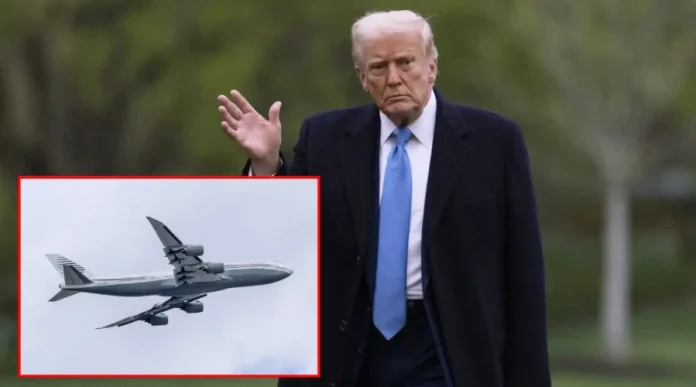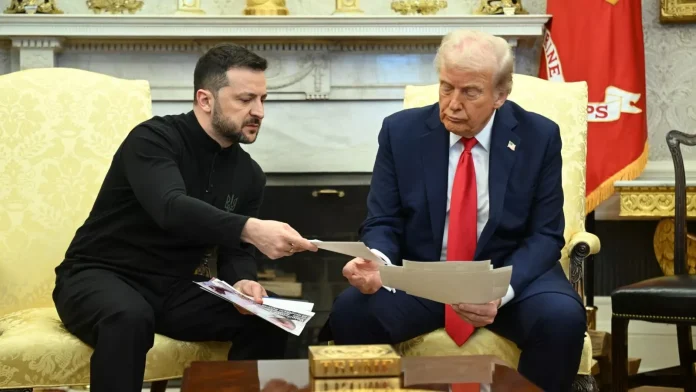In an art world obsessed with exclusivity and inflated value, one pseudonymous artist is flipping the rules, while turning heads in both the collector and gaming communities. Zalkian, an anonymous artist known for his etching style prints with iconic characters, is creating a limited series of Pokémon-inspired prints that are not for sale.
Each art piece, crafted in his distinctive etched, retro style, is being given away for free. But there’s one catch: recipients must prove they’re actual Pokémon fans by submitting the certificate number or a photo of a Pokémon card. No card, no entry. That’s it.
Zalkian’s works are printed in ultra-scarce editions of three per design, with each print carrying a resale value in the mid five figures. On the secondary market, they’ve been quietly reselling for $30,000 to $50,000 apiece. This has created an unusual legend around the prints, which has people flock by the thousands to the artist’s website to partake into the giveaways.
When Nintendo Tried to Intervene
Not surprisingly, Nintendo tried to stop him.
A cease and desist was issued not long after the giveaways began in late 2024, alleging unauthorized use of Pokémon intellectual property. But the situation didn’t unfold the way Nintendo expected. A local court dismissed the case, citing no commercial damage, the extremely limited quantity of prints, and the fact that the value stemmed as much from the artist’s reputation as from the Pokémon references themselves.
The decision set a quiet precedent: when art isn’t sold, and isn’t mass-produced, it’s hard to quantify harm.
The Madness of the Pokémon Market
Zalkian’s project is highlighting the surreal state of the Pokémon collectible market, where nostalgia has become big business. First-edition cards have sold for hundreds of thousands of dollars. A Charizard card graded PSA 10 regularly fetches six figures. And earlier this year, a Cheeto shaped like Charizard sold online for $87,000. Yup, a literal cheese puff!
Zalkian isn’t the cause of this phenomenon; he’s just a side-effect. It’s only natural that his prints, infused with controversy and submerged into the grey area between fandom and financial frenzy, tap into that same collector instinct; but subvert it by removing the option to buy.
Art for the Devoted, Not the Rich
Zalkian’s Pokémon prints are more than just nostalgic throwbacks. They are acts of protest – against corporate control of culture, against the monetization of fandom, and against the stifling of creativity in the name of IP enforcement.
They also raise deeper questions: Who owns art inspired by shared childhood experiences? When does fan tribute become infringement? And can subversion be collectible?
By forging a path between illegality and artistry, commerce and gift-giving, this anonymous etcher has found a way to make Pokémon art not only emotionally powerful but politically charged. In doing so, he’s created a new kind of art movement – one where scarcity, passion, and resistance intersect, and where the question isn’t how much you’re willing to pay, but how deeply you love.




